
Even today there are some people in Japan who want to deny the war crimes and minimize what happened, Kage said.
"It's more like whitewashing the history of Japan, I think," Kage said,"So I think there are some trends and it is some historians and some journalists who are denying all sorts of things that the Japanese army did during the war."
Satoko Norimatsu, director of the Vancouver-based Peace Philosophy Center, said that the historical things like the Nanjing Massacre are inseparable from the history of Japanese militarism and colonialism.
"But most in Japan, they don't get it. They don't even know the history...the Japanese military aggression, " she added.
The Japanese troops occupied Nanjing, then the capital of China, on Dec. 13, 1937 and began a six-week massacre. Records show more than 300,000 people - not only disarmed soldiers, but also civilians - were killed during the time.
 |
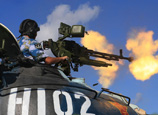
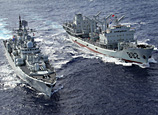
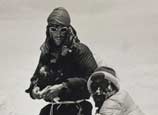
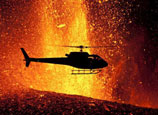

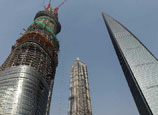








 Spectacular images of erupting volcanoes
Spectacular images of erupting volcanoes


![]()
